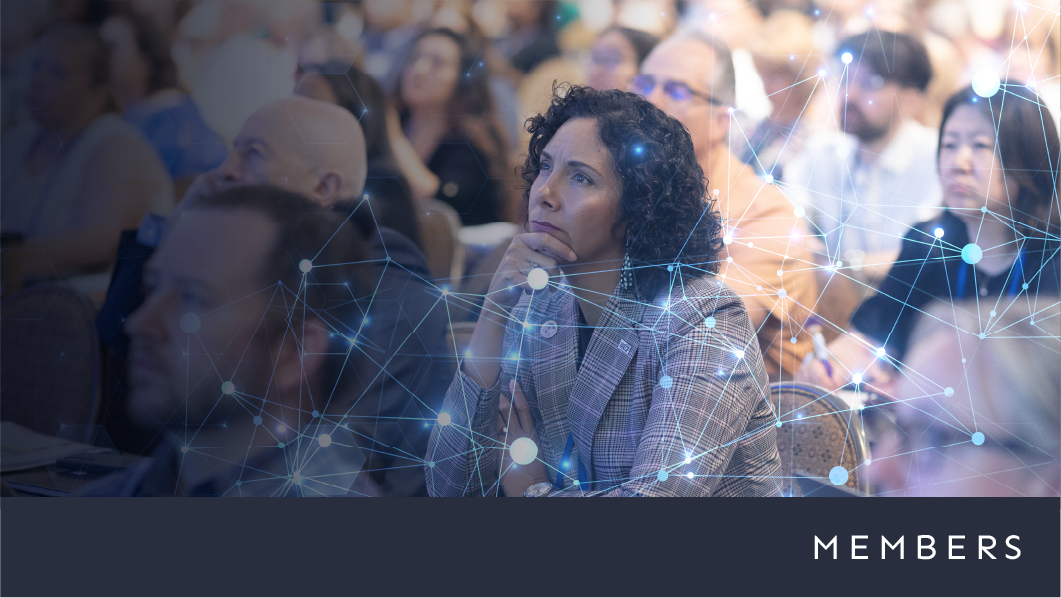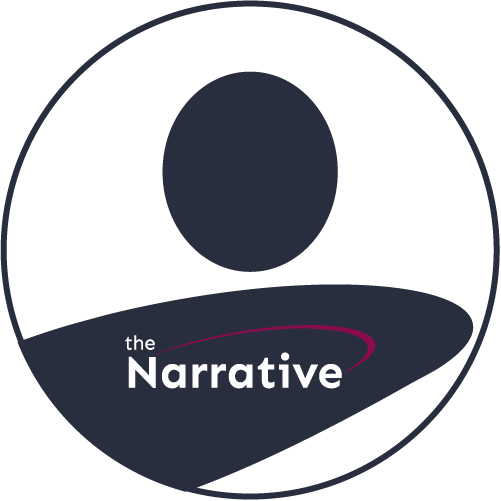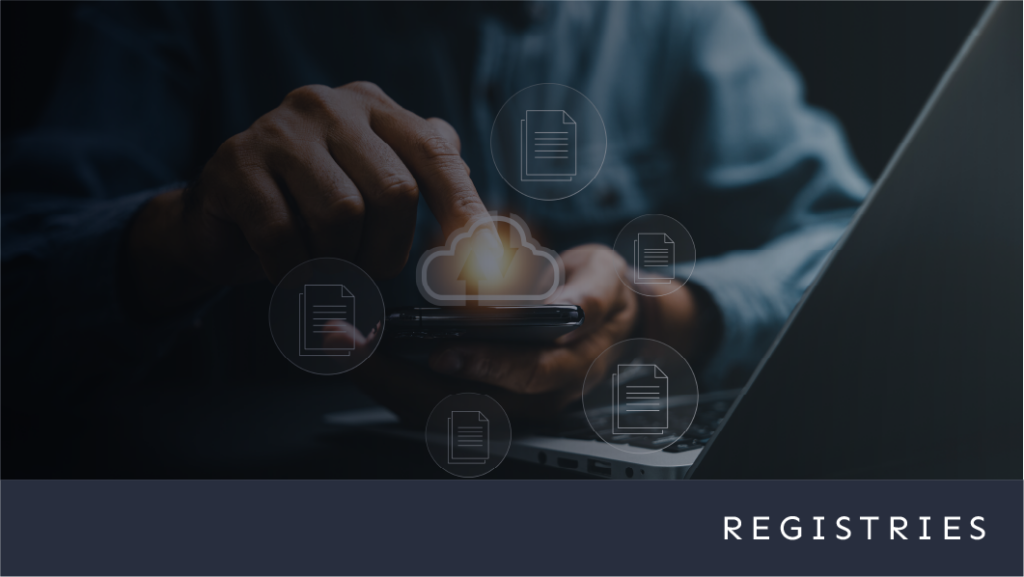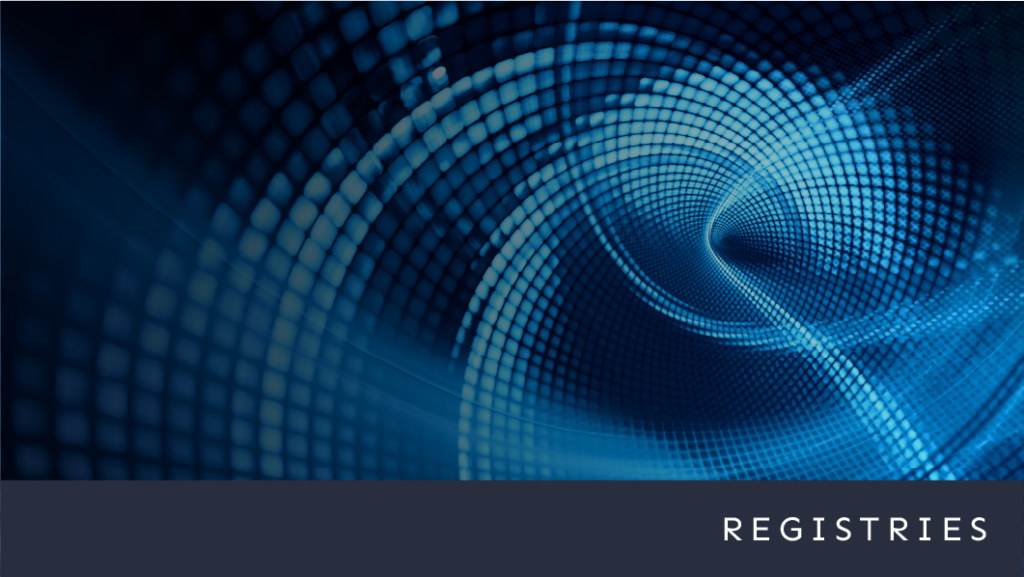
In 2020 the Professional Development Steering Committee created best practices for Recruitment and Retention. This led to the birth of the Recruitment and Retention Work Group (R&RWG). A few highlights since then:
- The Recruitment and Retention Toolkit was created and updated in 2023.
- Breana Norton, ODS and Keri Miller, MHS, ODS, held a NAACCR TALK: Retention Through a Changing World.
- The Oncology Data Specialist Training Guide (formally Grow Your own CTR) was updated with the help from the Upkeep Task Force.
- The Power of Networking article was published in the 50th Anniversary Issue of the Journal of Registry Management.
- Keri Miller, MHS, ODS, chair of the R&RWG, led a NAACCR Coffee Break* on August 28, 2024, to discuss issues regarding central registry recruitment and retention for all positions.
Following are Keri Miller’s thoughts on the Coffee Break:
How a Simple Coffee Break Sparked a Key Initiative for Career Fair Toolkits
It was a typical day filled with meetings and tasks when a casual conversation during a NAACCR Coffee Break call led to a significant discovery for the R&RWG. What started as an informal discussion soon evolved into recognizing a pressing need: creating a toolkit to help individuals attend and represent our field at career fairs.
During the call, members shared updates, challenges, and insights from their respective roles. One common thread emerged — many individuals expressed uncertainty about how to present the work of Oncology Data Specialists or other health information professionals effectively at career fairs. This wasn’t a new concern; it had surfaced in past meetings, but the gravity of the situation became clear during that Coffee Break. As members discussed their personal experiences, it became evident that the greatest need for the R&RWG was to create a comprehensive toolkit for those attending career fairs.
Why a Toolkit?
Career fairs provide an excellent opportunity to showcase our unique profession, recruit future talent, and raise awareness about the critical role of health information professionals, particularly in cancer data collection and management. However, many professionals feel under-prepared to speak about their roles or present the profession in a way that resonates with potential recruits. This lack of confidence can lead to missed opportunities to inspire the next generation of Oncology Data Specialists or healthcare data specialists.
While a toolkit may not solve all of these challenges, it could significantly help in providing easy-to-use resources, templates, and talking points. It would empower individuals to represent the profession confidently, ensuring they have the tools needed to communicate the impact and importance of their work.
What Would the Toolkit Include?
The proposed toolkit could cover various aspects to support career-fair participation, such as:
- Presentation materials: PowerPoint templates, infographics, and brochures that outline what cancer registrars do and why their work is vital.
- Talking points: Key messages and FAQs to help participants confidently explain the profession and its career opportunities.
- Networking tips: Strategies for engaging students or professionals interested in a career change, including how to answer common questions and present the work in an accessible, compelling way.
- Success stories: Real-world examples of people who entered the field, how they navigated their careers, and the difference they’re making in public health and cancer treatment.
- Interactive elements: Suggestions for hands-on activities or demonstrations that could draw attention at career fairs and make interactions more engaging.
Building the Toolkit
Recognizing the importance of this initiative, the R&RWG quickly prioritized the development of this toolkit. Collaborating with professionals from various sectors, including Oncology Data Specialists, health information managers, and career development specialists, the toolkit will be a one-stop resource for anyone attending a career fair.
Not only will it provide the confidence needed to represent the profession well, but it will also serve as a powerful recruitment tool, ensuring that students and career changers alike are informed about the rewarding career paths available in Oncology Data.
Moving Forward
What began as a simple Coffee Break conversation has become a catalyst for action. The R&RWG is excited about the toolkit’s potential to strengthen recruitment efforts and to bring greater awareness to our field. In a profession that plays such a vital role in public health and cancer treatment, attracting and retaining skilled individuals is more important than ever.
Through this toolkit, we aim to empower professionals, share knowledge, and inspire future leaders to enter this essential field. We’re looking forward to rolling it out and seeing the impact it will have on career fairs and beyond.
*NAACCR Coffee Breaks are informal virtual discussions among central cancer registry directors and managers about topics of interest. They are scheduled on an ad hoc basis.
Tags: Featured, ODS, Recruitment, Recruitment and Retention, Toolkit, retention
What to Read Next
Nominations Opening Soon for the 2026-2027 Board of Directors
The Nominating Committee is seeking nominees to run for election to three key leadership roles on the NAACCR Board of…
Helping Vendors Help You
Timely implementation of hospital registry software is essential for seamless data transmission and high-quality cancer surveillance. When software delays occur…





